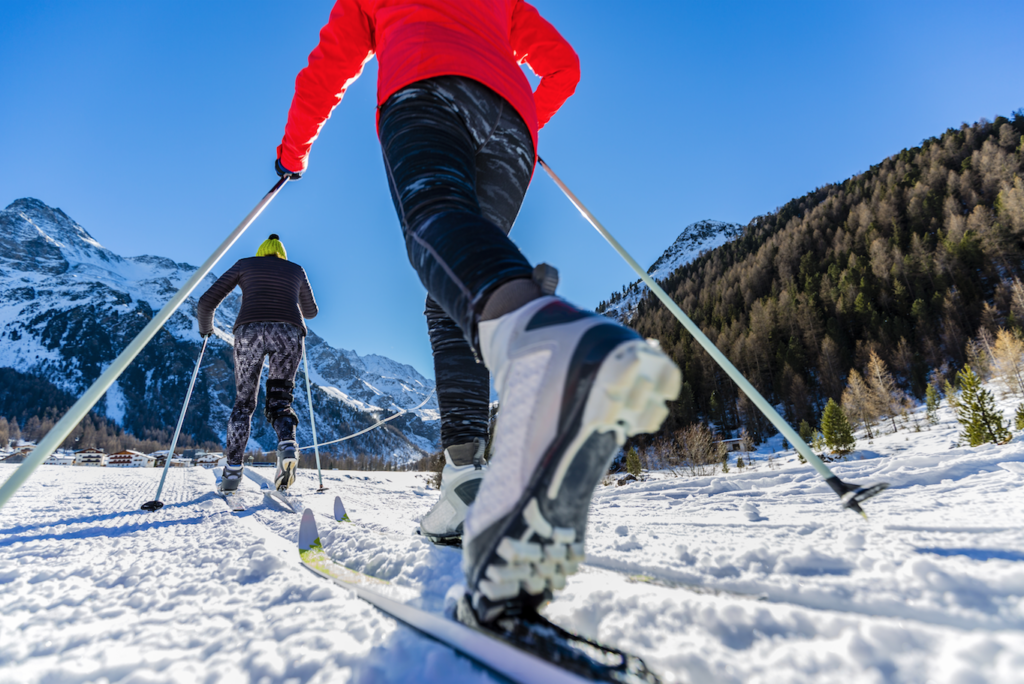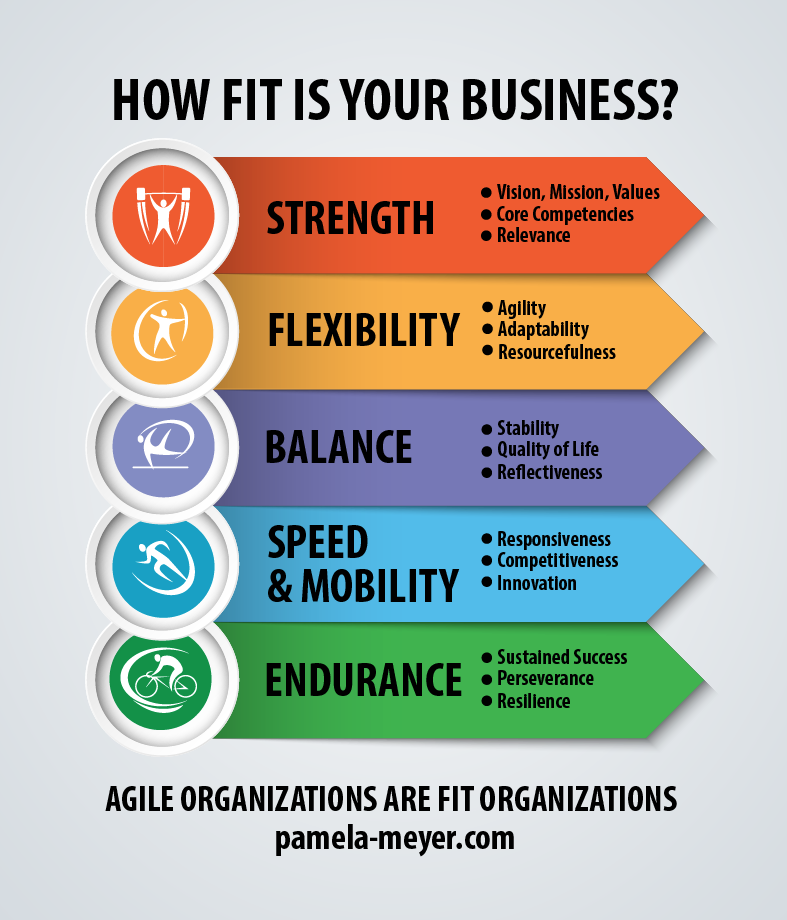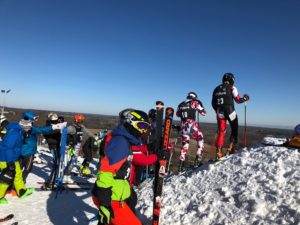How Fit is Your Business? Part 5: Endurance

Endurance, the final of the five fitness indicators in the “How Fit is Your Business?” metaphor is a measure of sustained success, perseverance, and resilience.

Have you built systems, processes and a culture that supports sustained success?
Earlier this year many of us in North America were treated to a full out deep freeze, followed by the bomb cyclone hitting the east coast. This and my own love (and I know I am in the minority here) of winter weather has me thinking a lot about “hardiness”. Something I admire about my fellow winter sports enthusiasts is their consistent, good natured heartiness. They inspire me and in my own quest to emulate them, I came across some research on “endurance work,” which is an academic term that closely parallels heartiness, and is “defined as the ability to keep going (physically and mentally) in the face of pain, discomfort and suffering, including as a celebrated cultural practice in endurance sports such as triathlon and distance running” (Allen-Collinson, Crust, & Swann, 2017, p. 4).
How to Be Hardy. In their study of the endurance work of high altitude mountaineers, the authors  found that their participants drew on their past lived experiences of pushing past their pain and exhaustion (their embodied experience), as well as an ability to make intentional cognitive choices to push on by thinking about all they had invested in their goal and the goal itself (in this case, summiting). This is the intentional practice of endurance work and “Mountaineers must learn how to interpret sensations in order to render them meaningful, before responding to them” (Allen-Collinson, Crust, & Swann, p. 8).
found that their participants drew on their past lived experiences of pushing past their pain and exhaustion (their embodied experience), as well as an ability to make intentional cognitive choices to push on by thinking about all they had invested in their goal and the goal itself (in this case, summiting). This is the intentional practice of endurance work and “Mountaineers must learn how to interpret sensations in order to render them meaningful, before responding to them” (Allen-Collinson, Crust, & Swann, p. 8).
When Not to Endure. Like all guiding principles, endurance is not an absolute. Experienced climbers also know when “not to endure”. In fact, it is key to their survival. They learn to assess their bodies and the external conditions, as well as their fellow climbers to know when pushing on would be too risky—either for themselves or their fellow climbers. All too often leaders and their businesses fail because they could not adapt their goal based on new information or discoveries.
Endurance is intentional work. Yes, it requires mental toughness, but also mindful presence and the ability to fully experience and interpret subtle cues from our bodies and environment. Endurance also demands the ability to draw on past experiences of times when we forged ahead and pushed beyond previous limits, and our ability to refocus on our value and meaning in reaching our goals. Without a clear purpose, it is difficult to forge ahead when you encounter formidable challenges and obstacles.
Lessons for Leading Agile Teams
Leaders of agile teams must develop the capacity for endurance work, as well, and know when to push their teams to new levels, and when to make adjustments. They must be able to quickly assess whether or not the project pace is sustainable. If it is not, they likely need to adjust by either adding more people to the team or dialing back the amount of work they are attempting to accomplish during each work cycle or sprint.
- How do you and your team assess your current capacity for endurance?
- What indicators do you monitor that signal your need to adapt and adjust your team(s), workload and/or workforce?
Athletes know that their quest for success cannot lead to burnout, though all too often organizational leaders overlook their team’s capacity to endure. Ignore it at your peril. Attending and attuning to our individual and team endurance and the practices that can sustain it is a critical dimension of organizational fitness.
Turn Challenges into Opportunities
I have written about my passion for amateur alpine ski racing and some of the agility lessons I have learned out on the slopes. On some of the coldest days, including a day in January

Enduring sub-zero temps on race day
when the wind chill hovered between 10-15 degrees below zero Fahrenheit, I’ll admit that I was tempted to hunker down and stay cozy. And yet, I had signed up for two days of racing in Wisconsin. In the spirit of practicing what I preach and turning challenges into opportunities, I got out there and used it as an opportunity to work on my own heartiness.

The author sporting the spoils of endurance
I’m not suggesting winter sports are for everyone, however, I am challenging you to think about how you can develop your own and your team’s endurance and heartiness.
What practices do you, or could you, experiment with to enhance your ability to “keep going.”?
